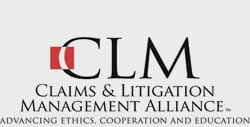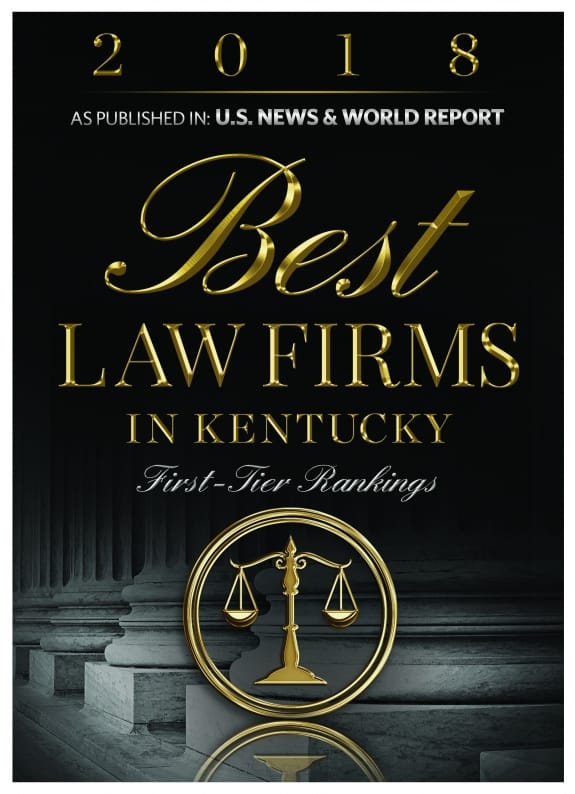Whether you like to think of yourself as a compassionate employer or a tough-as-nails boss, your employees are important to you. Not only do they help keep your Kentucky business running, but you appreciate the efforts and sacrifices many of them make to do the job well and support their families. When one of your employees is injured on the job, your primary concern is making sure they have what they need to recover quickly and return to work.
However, what happens if one of your workers suffers injuries in a car accident on the way to work? Is your workers' compensation insurance responsible for covering an employee in this situation? The worker may argue that being on the road in that place and at that time was undoubtedly work-related, but how far does your liability for your employees go?
Was your employee coming or going?
Workers' compensation covers your employees' medical bills and lost wages when they suffer injuries on the job. However, work-related injuries can also occur at any job-related event. For example, if you sponsor an employee party at which someone becomes injured, your company's insurance will likely cover that cost.
Most workers' compensation policies have an exemption called the "coming and going" rule that exempts you from liability for accidents that occur when an employee is driving to work or heading home. However, there are exceptions to this rule when an employee may have a valid claim for workers' compensation, including:
- Driving between work sites
- Driving a company car, especially one with the company logo on the side
- Driving at any time while traveling on business, such as to a conference out of town
- Driving as part of the job, such as a police officer or truck driver
There may also be times when you ask an employee to run a special errand. For example, your assistant may be responsible for taking lunch orders or bringing coffee in the morning. If he or she is involved in an accident and suffers injuries doing a special mission for you, even if it is not precisely work-related, your company's workers' compensation policy will likely have to cover your assistant's medical bills and wages.
When an employee files a claim for workers' compensation citing an exception to the coming and going rule, you will certainly want to verify whether you are liable for the coverage. An experienced workers' compensation attorney can review the claim and assist you in taking the appropriate steps to defend your company's rights.













No Comments
Leave a comment